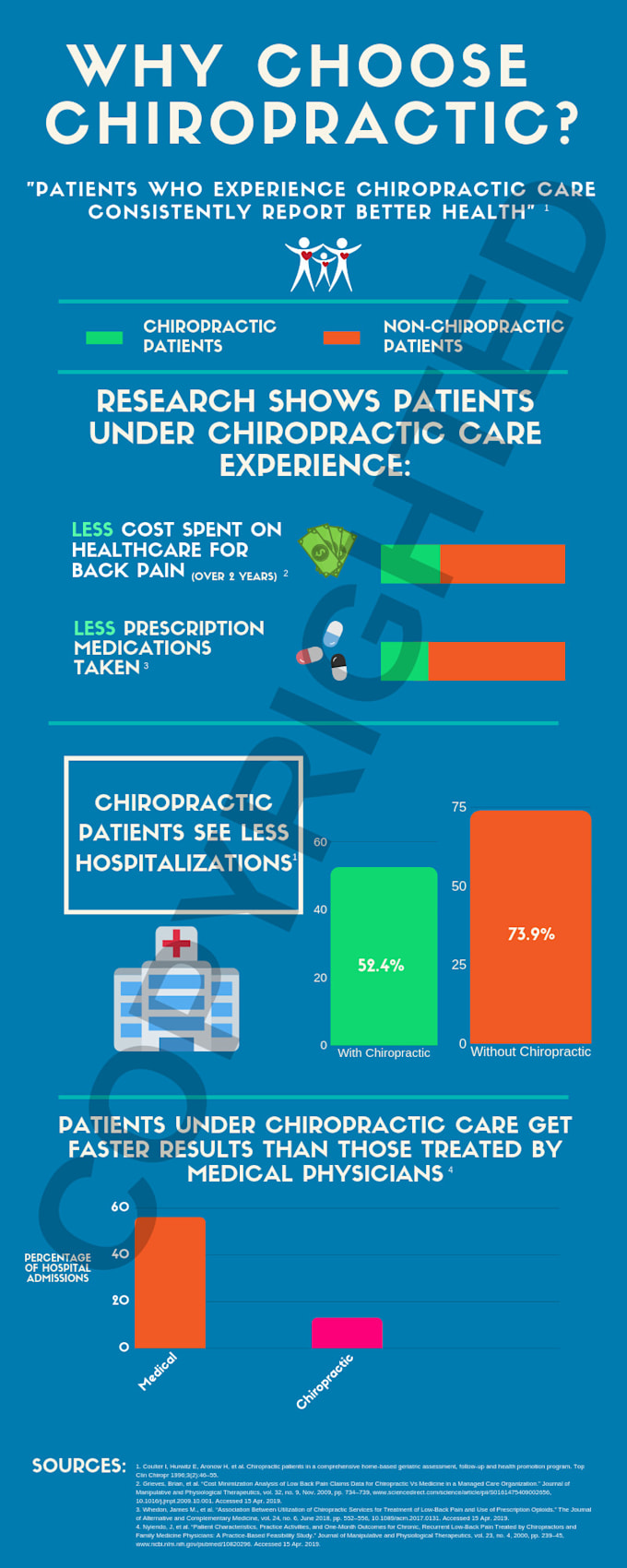Do Acupuncture Points Really Exist? An Examination Into Meridian Theory
Do Acupuncture Points Really Exist? An Examination Into Meridian Theory
Blog Article
Developed By-Stewart Kennedy
You might be questioning the presence of acupuncture points and their function in traditional Chinese medicine. These points, linked to meridian concept, recommend an unique system of energy flow in the body. While historical texts lay a foundation, modern science provides new understandings into their significance. Are these ancient concepts compatible with contemporary understanding? The solution may surprise you as we explore the intersection of custom and modern study.
The Historic Origins of Acupuncture and Meridian Concept
Acupuncture, with its detailed network of meridians, has deep historic origins that map back countless years in old China.
You'll find that early messages, like the Huangdi Neijing, laid the foundation for understanding just how energy moves through the body. These works introduced the concept of Qi, the vital force that circulates along the meridians.
As you discover this ancient method, you'll uncover exactly how professionals identified particular points to influence health and wellness and equilibrium.
Over official site , acupuncture evolved, incorporating different techniques and ideologies, yet it remained deeply attached to its beginnings.
Scientific Perspectives on Acupuncture Points
While many individuals still view acupuncture as an ancient art rooted in practice, scientific research has actually progressively clarified the physical devices behind acupuncture points.
allergy dr recommend these factors might represent areas rich in nerve endings, capillary, and connective cells. When needles stimulate these points, they can set off biochemical responses, such as the release of endorphins and various other natural chemicals, which aid alleviate pain and promote healing.
Imaging strategies like functional MRI have actually revealed modifications in brain task associated with acupuncture, sustaining its efficiency.
While hesitation stays, growing evidence points to a possible biological basis for acupuncture, inviting further exploration right into how these ancient practices can align with modern clinical understanding.
Integrating Old Practices With Modern Medicine
As more healthcare providers identify the value of holistic approaches, integrating old methods like acupuncture with modern-day medicine is becoming significantly appropriate.
You might locate that incorporating these approaches can boost patient care, providing a more detailed treatment plan. By acknowledging the advantages of acupuncture-- such as pain alleviation and stress decrease-- you're not just attending to physical signs and symptoms yet also advertising overall wellness.
This assimilation enables you to tailor therapies to private requirements, bridging the gap between conventional knowledge and contemporary clinical methods. Collaborating with acupuncturists can also increase your knowledge and supply your clients with a broader range of alternatives.
Ultimately, welcoming this combination can result in enhanced health and wellness end results and a much more well balanced technique to healing.
Conclusion
To conclude, acupuncture factors might not fit neatly right into modern-day clinical standards, yet their historic significance and arising clinical assistance suggest they hold value. By discovering the intersection of old practices and contemporary research, you can appreciate exactly how these points may influence health and wellness. Whether you're a skeptic or a follower, comprehending meridian theory opens the door to new point of views on health and recovery, inviting you to consider the possible advantages of acupuncture in your own life.
